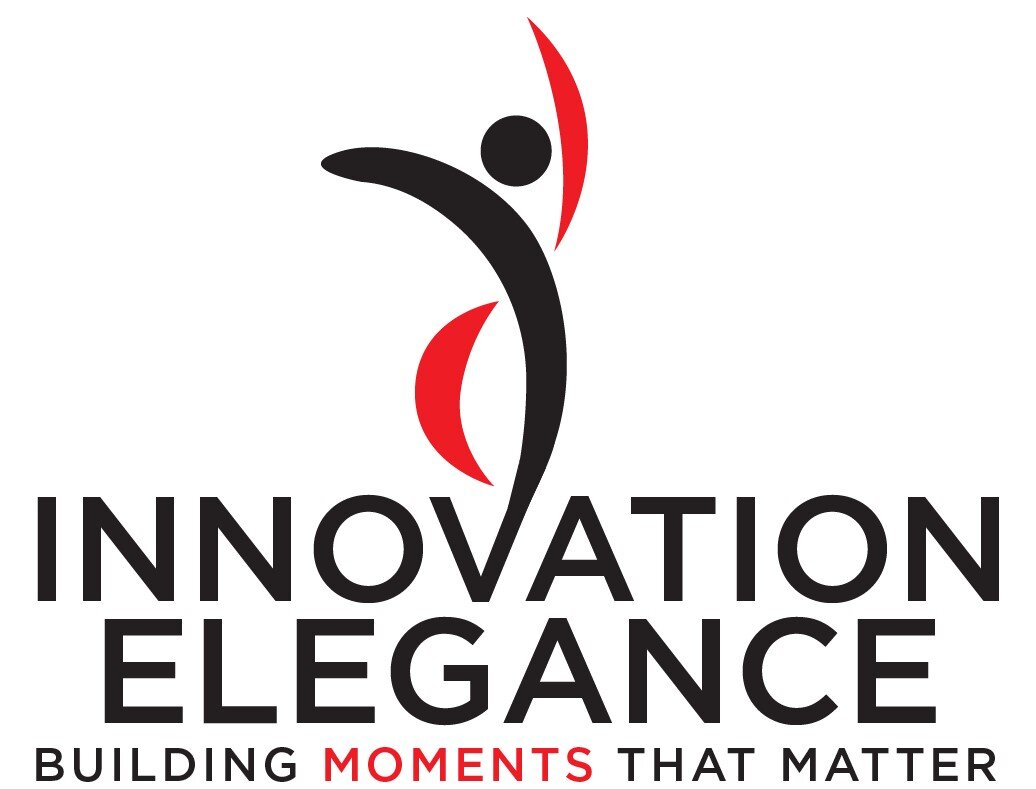Improve Your Culture’s Speed
“The pace of change in our world will never be slower than it is right now.”
Your culture influences your team’s speed. You don’t always have to be running at top speed (hint: ignore sampling errors), but when you reduce certain systemic and systematic errors in your culture, you get close to running at top speed. Consider these culture traits to optimize your speed.
Friction hurts speed. Friction involving one person is called a bottleneck. Friction involving a group of people is called bureaucracy. Both hurt speed.
Ambiguity hurts speed. Documentation neglect is a common cause of ambiguity. To improve speed for the long-term, create the right documentation in the short-term. Documentation provides clarity and transparency. It accelerates onboarding and alignment. Documentation undermines complications and complexity.
Complications and bad complexity (there is such a thing as good complexity) hurt speed. Verb sprawl (in your project plan or a task list) is a common culture trait. Keeping documentation simple (not to be confused with simplistic) aids speed.
Interruptions hurt speed. The opposite – focus – aids speed.
Fatigue and burnout hurt speed. Their opposites – energy, passion, and purpose aid speed.
Flooding – too many tasks or whole workstreams – hurts speed. Meeting gridlock and a triple-booked schedule hurts speed.
Egos and contrarians hurt speed. While most of the team is customer-centric, egos and contrarians hijack customer-centricity making the team deal with their insecurities. These stakeholders hurt speed and quality.
Power and influence boost speed. The right methodology shouldn’t have to lean on these, but in any organization, these improve speed.
Trust improves speed. Trust conveys that you believe in someone’s competence, honesty, dependability, and benevolence and don’t need to spend time verifying these.
Synchronization helps speed. Mindful timing reduces idle work and idle workers.
GETMO helps speed. Perfectionism does not.
Consider the mindset of a mountain climber. A novice climber darts up the hill without much analysis. They tell the expert climber, “You overthink this.” The expert climber does the climb in their mind first. That upfront cost helps to greatly reduce the climber’s marginal cost. Low marginal cost is true agility.
Since your team is an agreement factory, you care about its speed. Shape your culture to optimize it.


